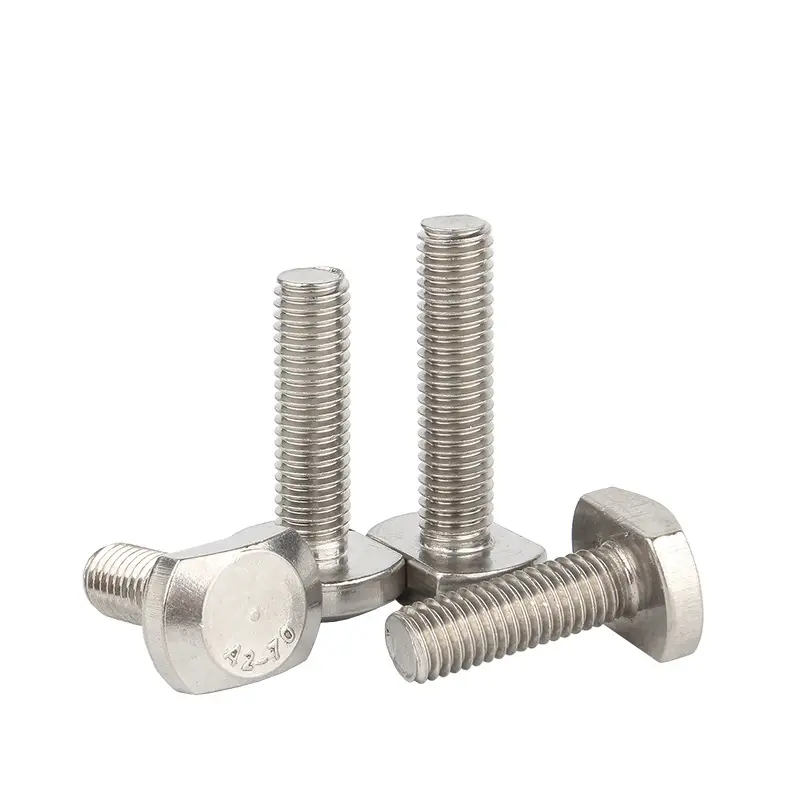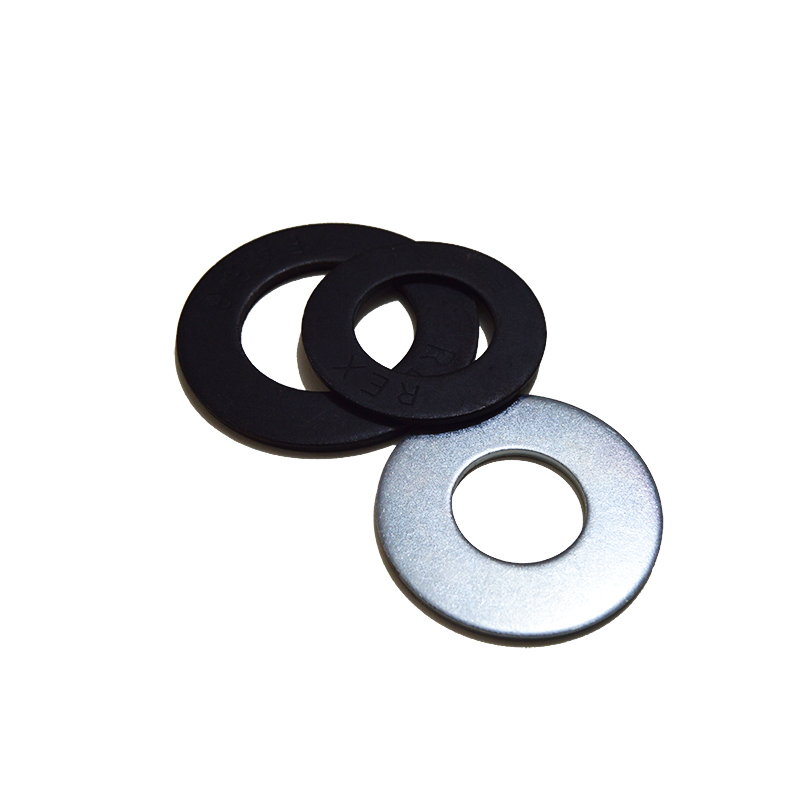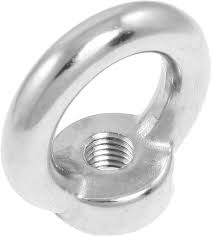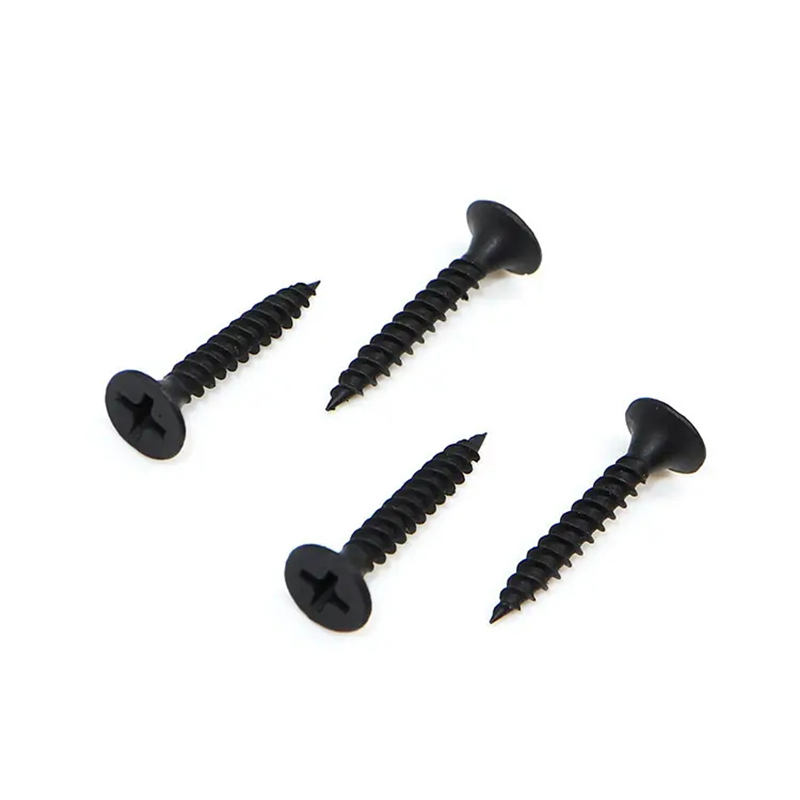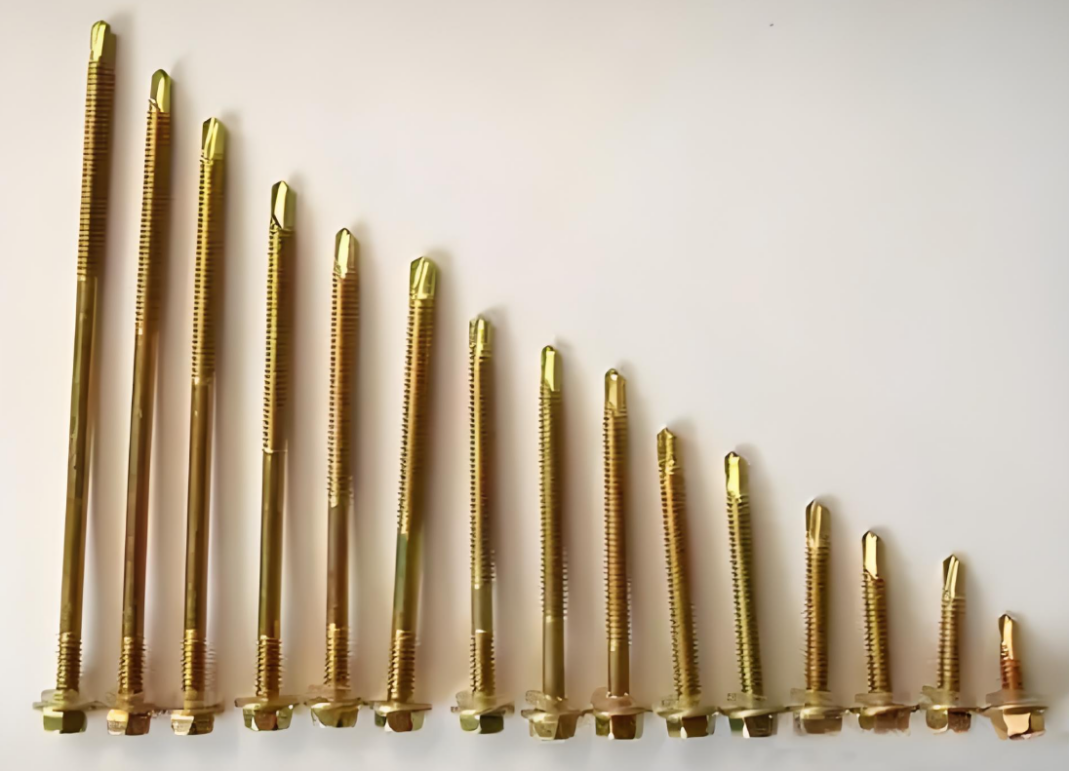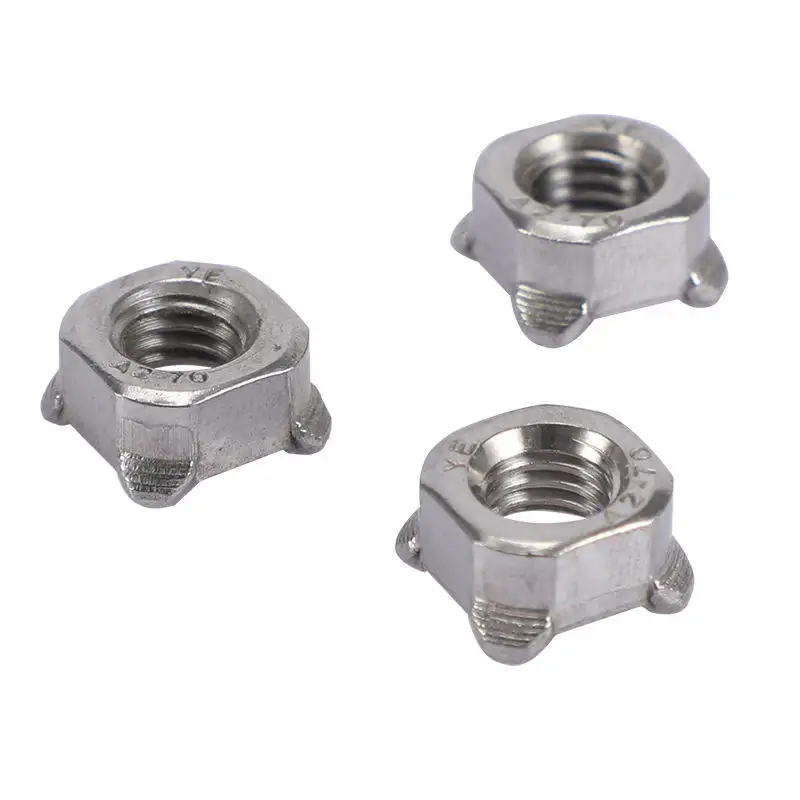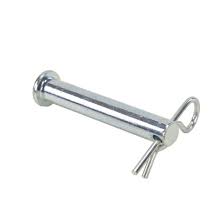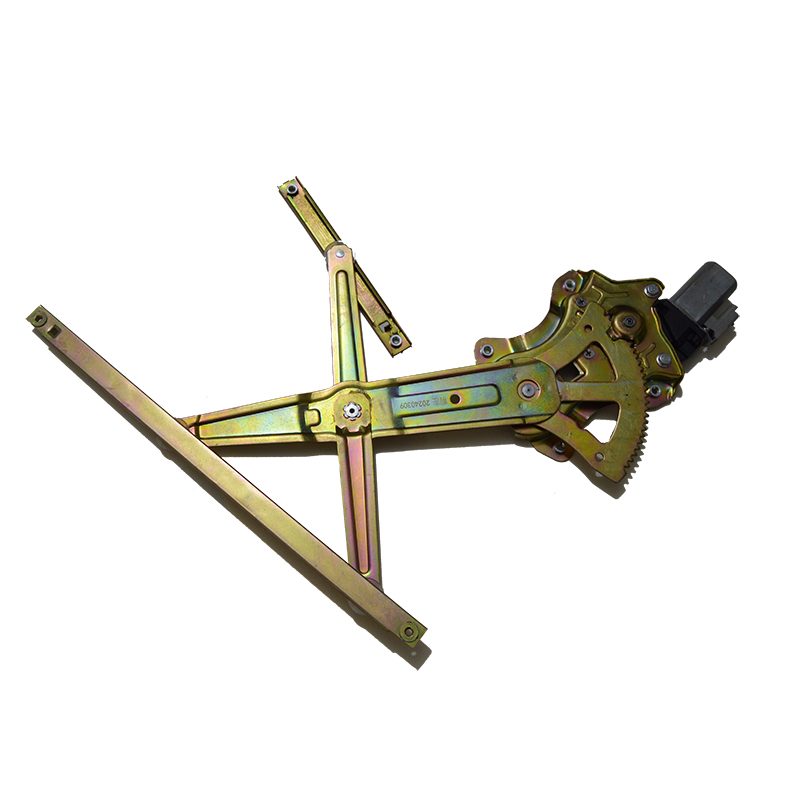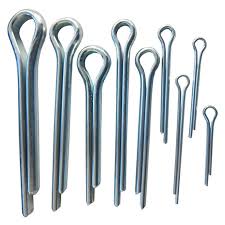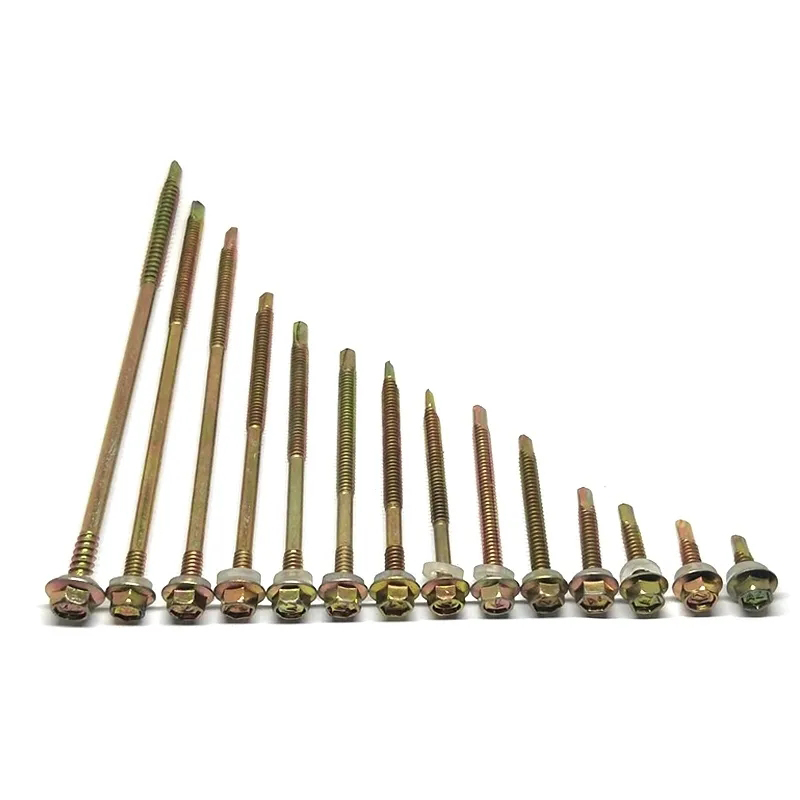

This comprehensive guide helps you find reliable sources to buy DIN 126 standard washers, covering various aspects from understanding the standard to selecting the right supplier. We'll explore the specifications, applications, and considerations for purchasing these essential components.
DIN 126 defines a series of flat washers made of various materials, primarily used to distribute the load of a fastener (like bolts, screws, or nuts) over a larger area, preventing damage to the underlying material. These washers come in various sizes, thicknesses, and materials, catering to a broad range of applications. The standard specifies dimensions, tolerances, and material requirements for consistent performance. Choosing the correct size is crucial; selecting a washer too small will negate its protective function, while a washer that's too large can interfere with assembly.
The material of a DIN 126 washer significantly affects its performance and application. Common materials include: mild steel, stainless steel (various grades like 304 and 316), brass, and zinc-plated steel. Stainless steel offers corrosion resistance, making it ideal for outdoor or wet environments. Mild steel is a cost-effective solution for many applications. The choice depends on the specific environmental conditions and required lifespan of the assembly. For example, in corrosive environments, a stainless steel DIN 126 washer is preferable to a mild steel one.
Many online retailers sell DIN 126 washers. These platforms offer convenience and often a wide selection of sizes and materials. However, it's crucial to carefully check supplier reviews and ratings before making a purchase to ensure quality and reliability. Remember to compare prices and shipping costs from different vendors.
For larger quantities or specialized requirements, consider contacting specialized fastener suppliers. These suppliers often offer a wider range of materials and sizes, as well as expert advice on selecting the appropriate washers for your specific application. They may also provide custom solutions if needed.
For smaller quantities, your local hardware store may carry DIN 126 washers. This is a convenient option for immediate needs, but the selection may be more limited compared to online or specialized suppliers. Checking their stock availability beforehand is always recommended.
Determine the exact quantity and size of DIN 126 washers needed for your project. Purchasing in bulk can often result in cost savings, but ensure you have adequate storage space. Always verify the dimensions using the official DIN 126 standard to ensure compatibility.
Consider the material and finish of the washers in relation to the intended application. For corrosive environments, stainless steel washers with a suitable finish (such as passivation) are usually preferred. For cost-effective solutions in less demanding environments, zinc-plated steel is a common choice. The appropriate choice depends on the specific application and the required lifespan of the assembled components.
Thoroughly research potential suppliers to ensure they have a good reputation for quality and reliability. Check online reviews and ratings, and consider contacting several suppliers to compare prices and lead times.
| Supplier Type | Pros | Cons |
|---|---|---|
| Online Retailers | Convenience, Wide Selection | Quality Variability, Shipping Costs |
| Specialized Fastener Suppliers | High Quality, Expert Advice, Custom Solutions | Potentially Higher Costs |
| Local Hardware Stores | Convenience for Small Quantities | Limited Selection |
Remember to always verify the specifications and quality of the DIN 126 washers before using them in your application. For high-quality DIN 126 washers and other fasteners, consider exploring options from reputable suppliers. A reliable supplier ensures the longevity and safety of your projects. For example, you could explore suppliers like Hebei Dewell Metal Products Co., LTD.
1 DIN 125/DIN 126. (n.d.). [Source to be added if available, otherwise remove this footnote].


